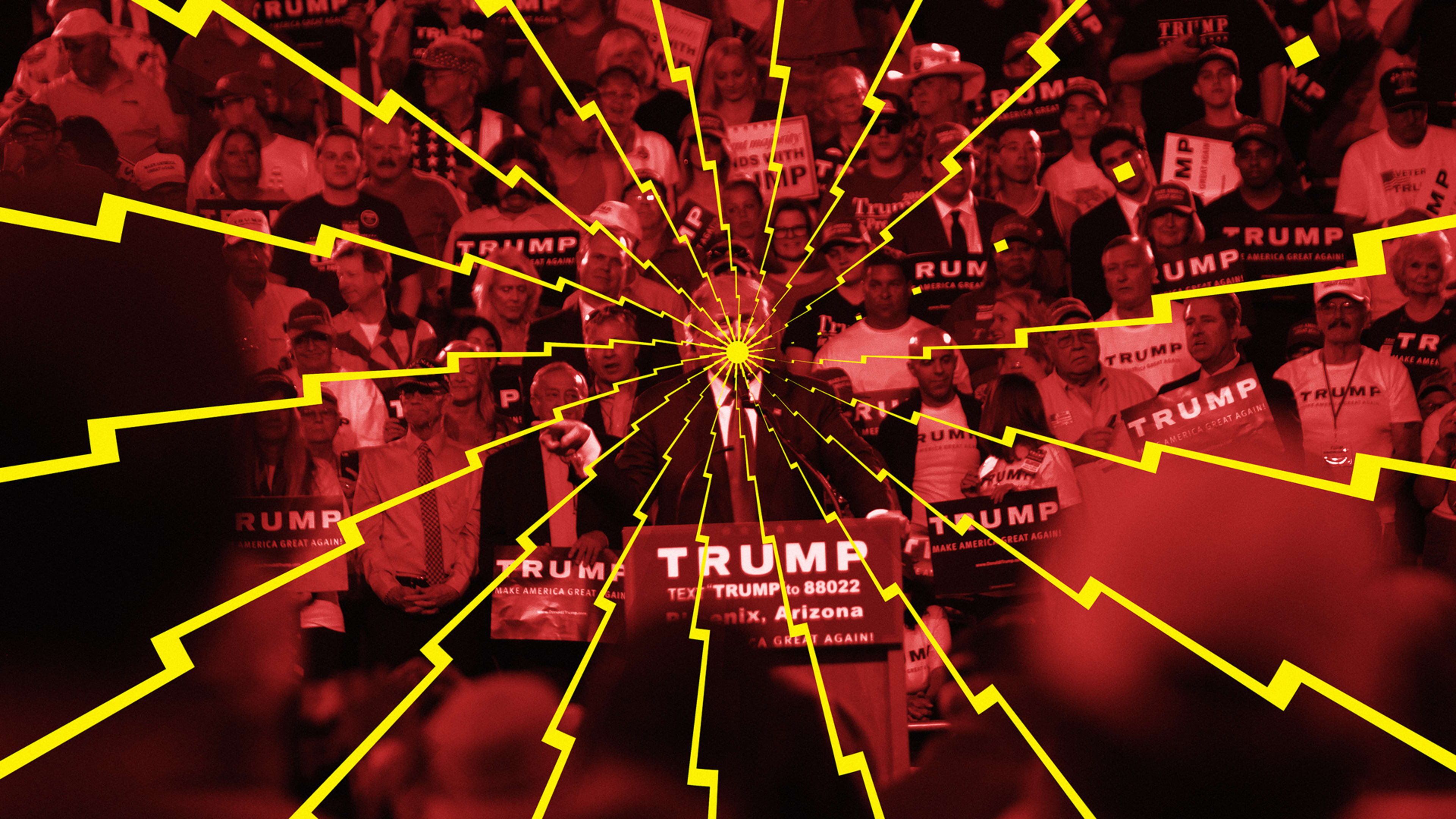A few months after the 2016 presidential election, some college students experienced levels of stress comparable to what witnesses feel half a year after a mass shooting. A study of hundreds of Arizona State University students in early 2017, published today, found that 25% showed clinically significant levels of stress.
The lead author, who teaches at San Francisco State University, decided to pursue the study after seeing the reactions of her two classes the day after the election. “In both classes, students were visibly upset, and even crying,” says Melissa Hagan, an assistant professor of psychology at the university. Many of the students were women or came from immigrant families.
“They described being fearful of what the election outcome meant for the country,” she says. “I became concerned that the election might have led to clinically significant symptoms–intrusive thoughts, extreme avoidance of reminders of the election or election results, et cetera.”
In the study, researchers surveyed Arizona State students about how satisfied or upset they were by the election results, and then had students fill out a psychological assessment that looks at how people have been impacted by a particular event, considering some of the symptoms that under other circumstances could lead to a diagnosis of PTSD. (That diagnosis only applies to experiences related to death, serious injury, or sexual violence–not elections.) Students were asked, for example, if they were dreaming about the election or thinking about it when they didn’t want to.
A quarter of the students passed the threshold for clinically significant levels of distress; when the study happened in January and February 2017, a few months after the election, their stress levels were similar to that of someone seven months after witnessing a mass shooting. Black and Hispanic students scored higher on the assessment than white students, and non-Christian students were more impacted than Christians. Democrats, unsurprisingly, scored higher than Republicans.
Female students scored 45% higher than males–perhaps in part a reaction to the fact that the winning candidate was accused of sexual assault and had bragged about what sounded like sexual assault on tape. “Given that this candidate was elected to the highest office in the country, I think that many women may have seen this as a reflection of a general disregard for women’s rights and safety,” says Hagan.
Other reports after the election also found that it was stressful–the American Psychological Association’s Stress in America survey found that more than half of adults rated the election as a significant source of stress, and for young adults, the rate was higher. But the new study documents how severe that stress was for many people. “What we found was that for a sizable minority of college students, the election was associated with clinical levels of distress–levels of distress that are often seen in those who are at high risk of post-traumatic stress disorder,” she says.
Recognize your brand’s excellence by applying to this year’s Brands That Matter Awards before the early-rate deadline, May 3.
